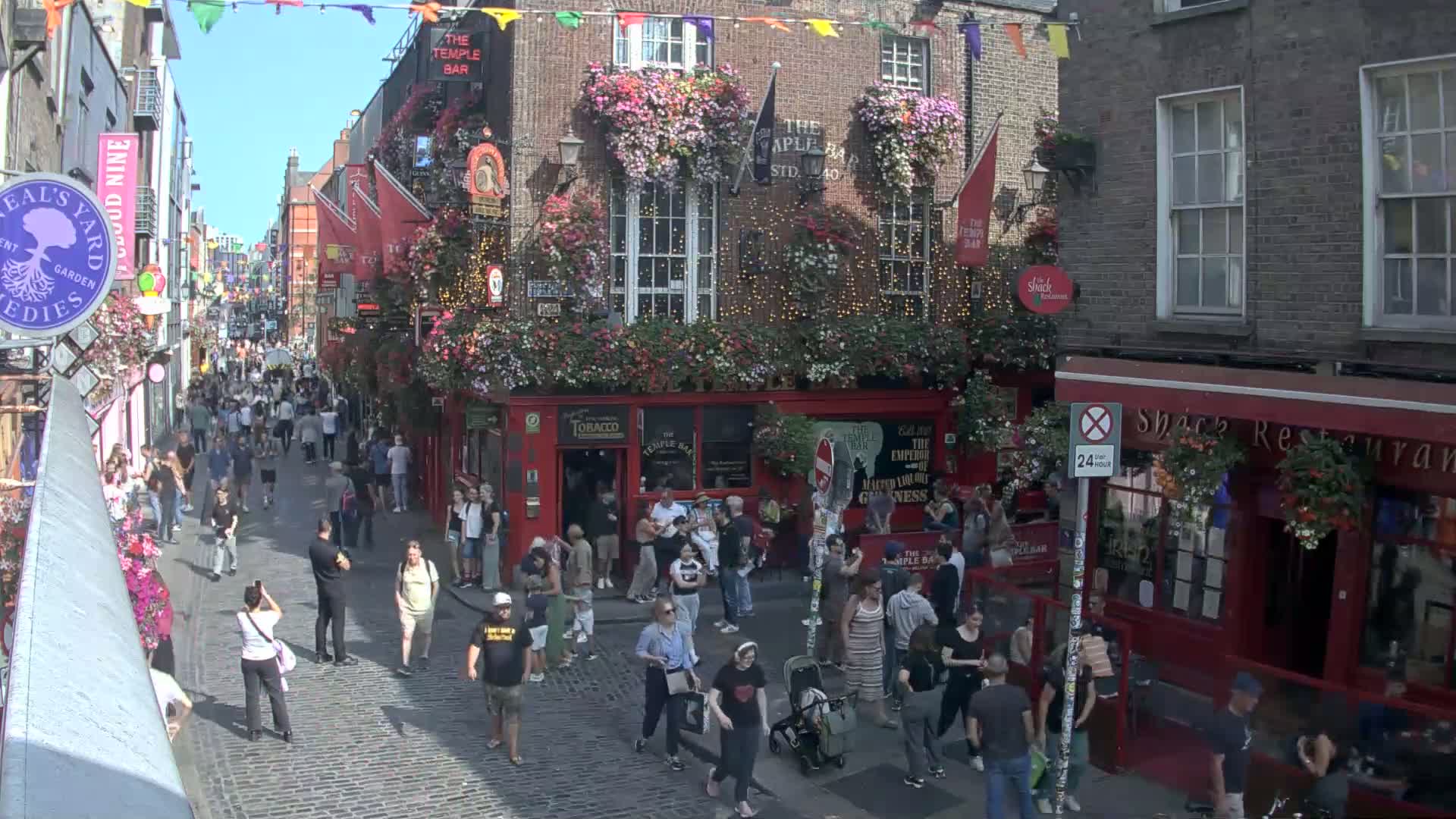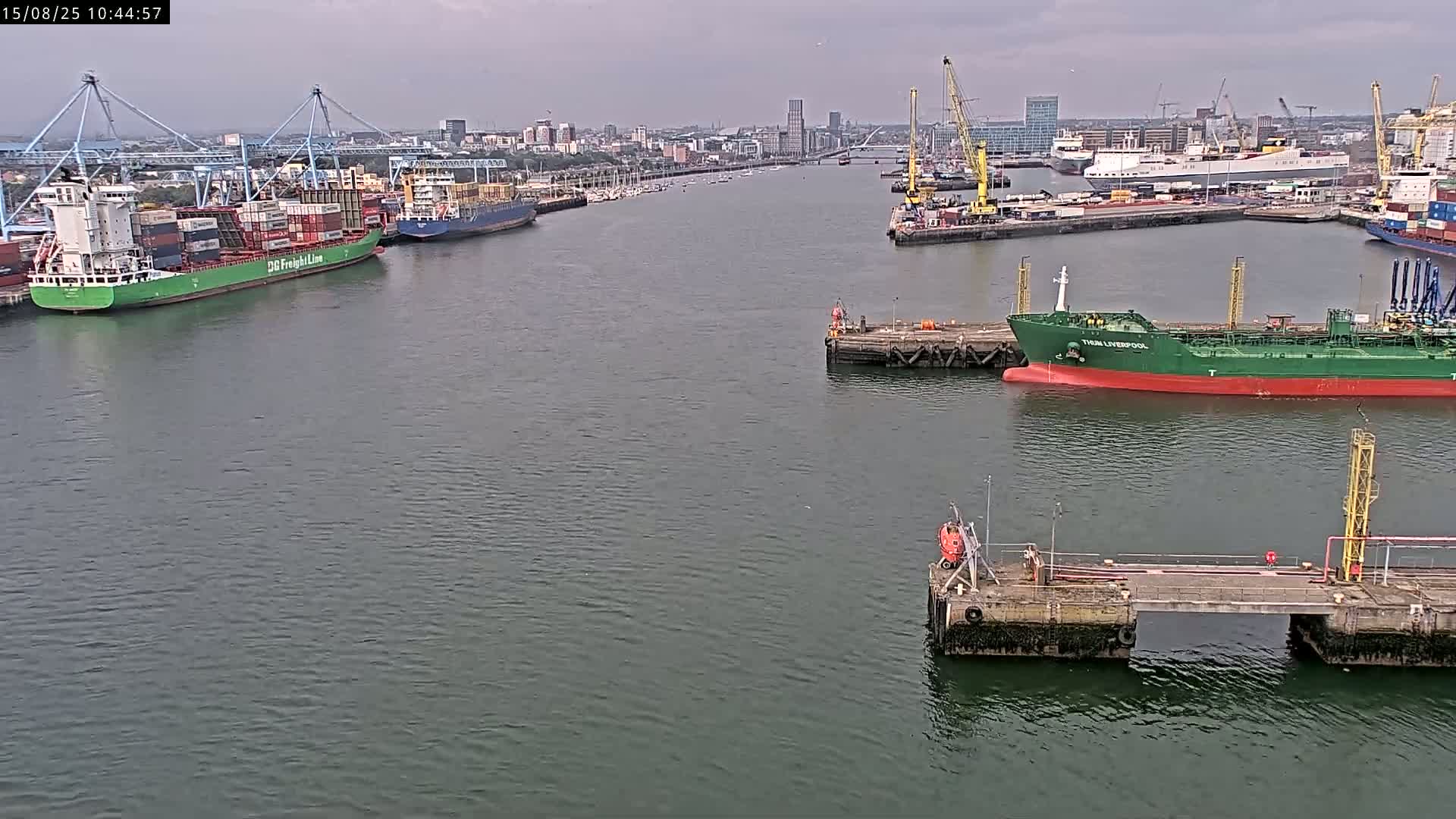Irish Police Make First Arrests in Racist Attacks on Indian Community in Dublin, Bringing Relief
 Ireland
Crime
Ireland
Crime

Irish police made first arrests in racist attacks on the Indian community. Two detained for a brutal July 19 assault in Tallaght, Dublin, bringing relief. Inves
Relief for Indian Community as First Arrests Made in Irish Racist Attacks
The Indian diaspora in Ireland is experiencing a wave of relief following the initial arrests connected to a troubling series of racist assaults that plagued the community throughout the summer. Gardaí, Ireland's national police force, confirmed on Friday morning the apprehension of two individuals—an adult male in his 30s and a juvenile teen—in connection with a particularly brutal attack on an Indian Amazon employee in Tallaght, Dublin, on July 19. This specific incident was the first to gain significant media attention in India, highlighting the gravity of the situation.
The Horrific Tallaght Assault
The victim, a highly skilled Indian national in his 40s, had arrived in Ireland just a week prior, leaving his wife and 11-month-old baby in India. Near a roundabout in Kilnamanagh, Tallaght, he was subjected to a horrific ordeal: stripped naked, stabbed, and left for dead by a gang. Local resident Jennifer Murray, who discovered the man, recounted the severity of his injuries: “They gashed his forehead open, punched him in the head, threw him to the ground, and he was left with massive head injuries. They removed his trousers, underwear, phone, bank card, shoes, everything. They very easily could have killed him.”
Broader Pattern of Attacks and Community Response
This Tallaght incident was unfortunately not isolated, preceding numerous other assaults targeting individuals of Indian origin across Ireland over the summer months. While investigations into these other cases remain ongoing without arrests, there's a notable observation: the attacks, often carried out by children and teenagers, largely ceased after schools reopened in September and the evenings grew darker.
The arrests have been met with gratitude and renewed confidence within the Indian community. Aditya Mandal, an AI professional from West Bengal working in Dublin, voiced the community's appreciation: “The Indian community welcomes this positive development and expresses its sincere gratitude to the Irish government, An Garda Síochána, and the Indian embassy. We remain confident that justice will be delivered and that the culprits will be held accountable.”
Anand Kumar Pandey, a member of the Ireland-India Council, offered insight into the Irish legal system, noting its bureaucratic nature compared to the UK, which often leads to delays in arrests. Despite the slow process, the community's sustained pressure is believed to have contributed to this breakthrough. “The Indian community is very happy about the arrests. The process is slow but it seems like all the efforts we made put the pressure on,” Pandey stated. Both apprehended males are currently held under Section 4 of the Criminal Justice Act 1984 at Garda stations in South Dublin as investigations continue.


